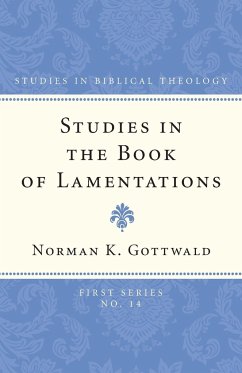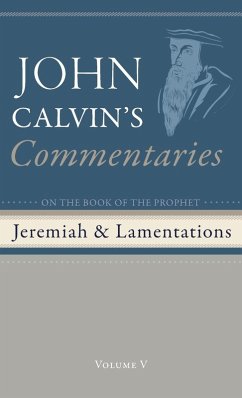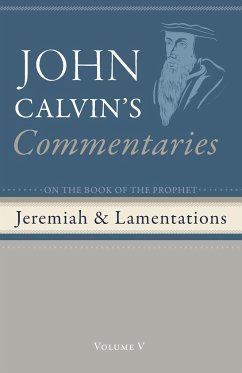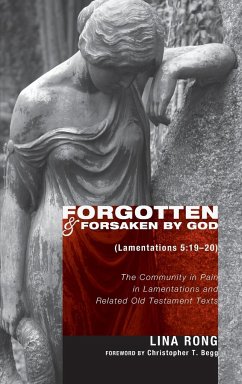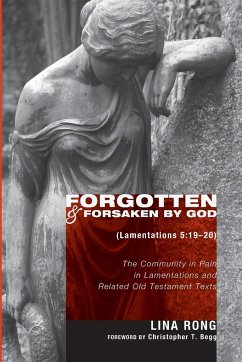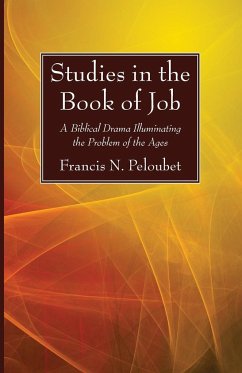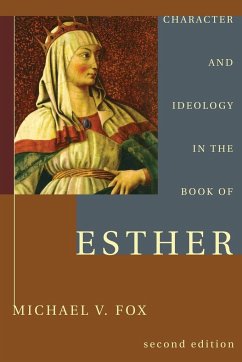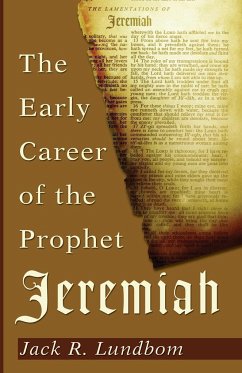When published, this work on the Book of Lamentations opened a new wave of studies on that much neglected biblical book. After a fresh translation, followed by acute analyses of the acrostic form and literary genres, the author develops the two-fold theology of ""doom"" and ""hope"" that reverberates through the five laments composed during the exile to cope with the fall of Jerusalem. Created for public performance, the poems artfully alternate the voices of the poet and the community, personified by turns as a forlorn widow (Fair Zion) and as an afflicted man (Jacob/Israel). The book attributes the catastrophe in part to the moral and social failures of Judah's leadership, but it also finds the enormity of the suffering beyond moral or theological explanation.
Bitte wählen Sie Ihr Anliegen aus.
Rechnungen
Retourenschein anfordern
Bestellstatus
Storno

